May is a busy time of year at the farm. It’s the month we prepare the paddy fields. Ploughing, fertilising, and getting rid of the last remains of the previous harvest is hot and sweaty work. No stubble burning for us, thank you.
While Grim S and the Imp were busy with all the hard work, I got on the hooter with farmers and agribusinesses across India to source and buy the various rice seeds, organic fertiliser, calcium and other agro nutrients. The orders I placed were fairly substantial, as this would be our supply for the year. Soon, I received large parcels with rice seeds and turmeric roots. However, the large fertiliser order I placed with an agro-supplier near Nashik proved problematic. The order, over 1000 kg, was too large for any courier, and driving there to collect it would require at least two cars and an entire day. After many phone calls kindly made by Mr Stonethrower (as his Marathi is way better than mine!), the store owner agreed to hire a tempo and send our supplies to me in Mumbai.
Once the tempo was partly unloaded into two waiting cars in Mumbai [with a load held in storage for subsequent delivery to the farm], we set off for the farm to hand over the seeds and fertilisers to Grim S. The cars were heavily loaded so we drove slower than normal and prayed we wouldn’t get a puncture.
At the farm, we could see the Imp and Grim S at work in a distant field. Oddly, they didn’t drop their work and come to greet us as they normally do. A few minutes passed before Grim S, looking more grim than usual, came down to help unload the cars. The Imp, worryingly, kept his distance.
After the cars had been unloaded, Grim S finally broke the bad news!
Sometime during the night, a sounder of ten marauding wild boars smashed through our fences and ravaged an entire field of over 50 banana trees. How badly ravaged, we ask? “Destroyed” was all he said before slinking away to continue to work with the Imp.
Not believing it would be as bad as he said, we marched down to the banana field and could not believe our eyes. Over 50 banana trees, each over 6 feet high, had quite simply vanished. All that remained were a few banana leaves, some trampled trunks, and overturned roots.
I am at a loss for words to describe the ferocity of the destruction, so I will leave it to the pictures to tell the tale.
Once the loss had sunk in, we trudged over to the field where Grim S and the Imp were hiding and tried to understand how this had happened. What, if anything, could we do to prevent a reoccurrence? Also to decide what we should plant in the now empty field, as early monsoon is the best time for planting saplings and the rains will be upon us in a matter of weeks.
Seeing we weren’t angry with him and were not saying his negligence was to blame for this tragedy, the Imp pointed up to the forest and indicated the path the boars had possibly taken to reach our farm. He then showed us the boar hairs stuck to the barbed wire to identify where they had entered the farm. Once we saw the entry point, we could spot the pug marks and shuddered at the thought of ten of these monsters rampaging through our farm.
Wild boars are the bane of farmers around the world. The Indian wild boar is a massive, long-maned species with brindled black hair. An adult boar is 3 feet in shoulder height and 5 feet in length and weighs as much as 140 kilos. They are extremely aggressive and can easily take down a buffalo when crossed. Imagine ten of these fellows crashing into the farm in the dead of night.
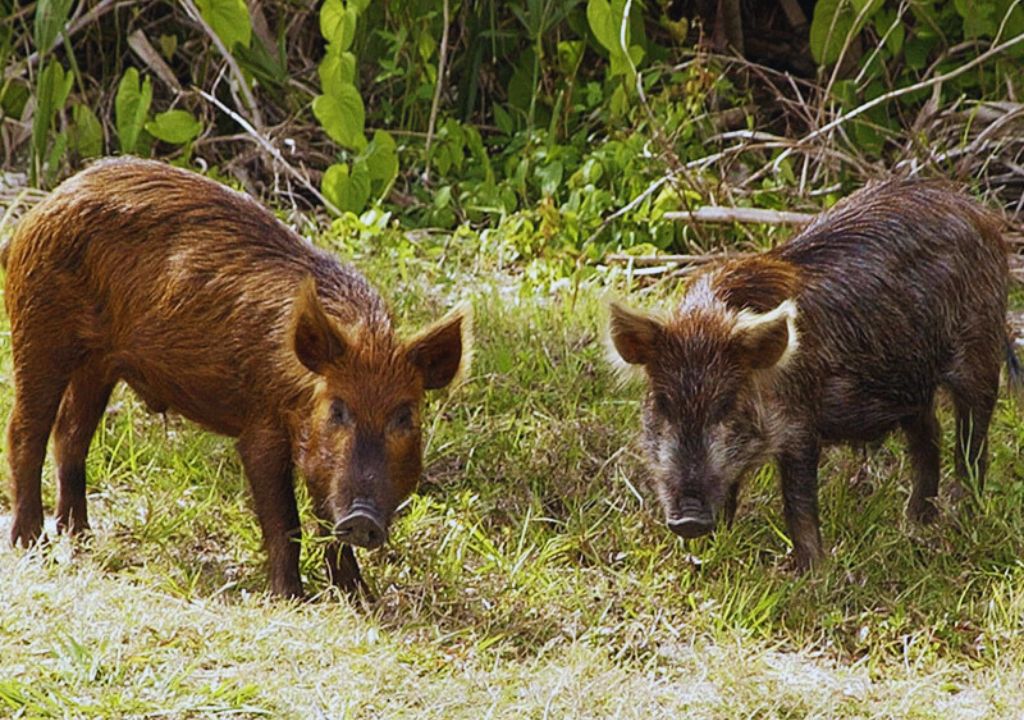
Wild boars are especially partial to banana plantations. In the early stages of cultivation, they gouge out the tender bulbs of banana saplings to eat them. As the trees near the harvesting stage, they target the bananas. Standing on their hind legs, adult wild boars reach up to two to three feet and cut the trunks with their strong jaws. The top-heavy portion of the trunks falls, and they eat bananas. In India today, wild boars cause more damage to bananas than wild elephants. A single wild boar can damage up to 10 banana trees a night. In a plantation, ten of them can devastate an acre of banana trees. It is for this reason that there has been a marked decrease in the cultivation of crops like bananas in places close to forests. But of course, nobody had told us any of this, and we learned it through bitter experience.
Grim S suggested we place some boar traps at possible entry points, but he didn’t sound very confident. There is honestly nothing that can keep out a herd of determined wild boars.
So, to remove any further temptation, we have decided to plant 20 kesar mango trees in place of the 50 banana trees. We have another field with 30 healthy banana trees, but I am not holding my breath.
As it did the last time, our discussion once again turned to the difficulties faced by farmers. We have the privilege of brushing away this loss and converting the field into a mango grove. But this is not the same for an average small farmer, whose livelihood would have been wiped out with this loss.
I called Manager M to ask about government schemes that would recompense or insure farmers against this damage and found to my dismay that banana plantations cannot be insured, at least in Maharashtra. There is a scheme to insure mango trees, but as with all schemes, the money paid to the tout and middleman far exceeds any possible relief, and farmers tend to stay away from these schemes, preferring instead to trust in God and prayers. In Kerala, farmers can claim insurance for plantations damaged by wild elephants, but not for losses caused by wild boars! I could go through this state by state, but it would be a futile exercise and only serve to make me sad. Suffice it to say that farmers do not get even half the support they need.
And at the risk of weighing in on something I know very little about, I believe there are many serious hurdles to cross before agitating for MSP guarantees. Macro-level agricultural reforms are the urgent need of the hour, without which we will soon be staring at an enormous agrarian crisis.
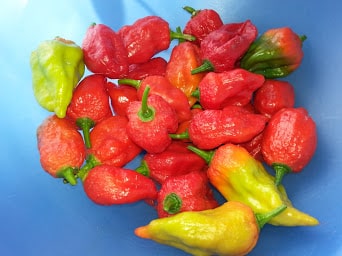
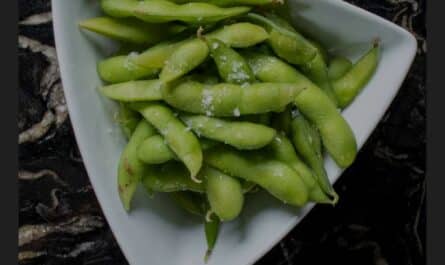
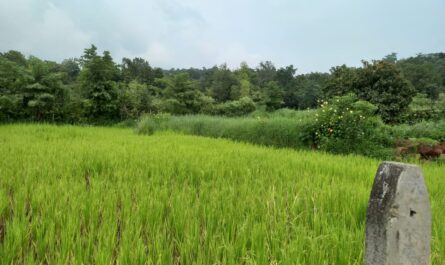
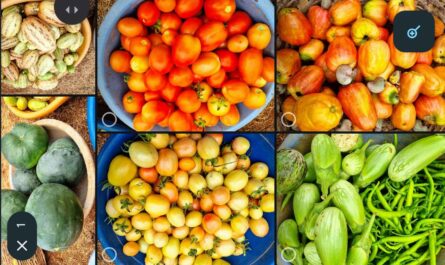
Sorry you learnt the hard way about the wild boars.
Difficult to control wild animals when they are hungry.
Found any solution ,so it dies not reoccur.
There is no solution that makes any sense, at least not yet.
Sorry to learn this. Stoicism called for but hopefully you can find a way to protect the remaining banana plantation. You cannot blame boars though as they also have a right to exist. Do shore up the fence in case they decide mangoes are next on the menu. Best of luck. By the way, the bananas looked great. Pity.
Thanks for reading and caring enough to comment, Charles. No, I don’t blame the boars; they are doing what comes naturally to them.
This is absolutely devastating 😞
An electric fence maybe?
The use of electric fencing is legal in Maharashtra, but you have to fulfil certain conditions while setting up the fence. It should not be of such high voltage as to cause severe harm to any human. You’ll have to use clearly visible warning signs. It should not be in the reach of children.
How do I fulfil the last condition?